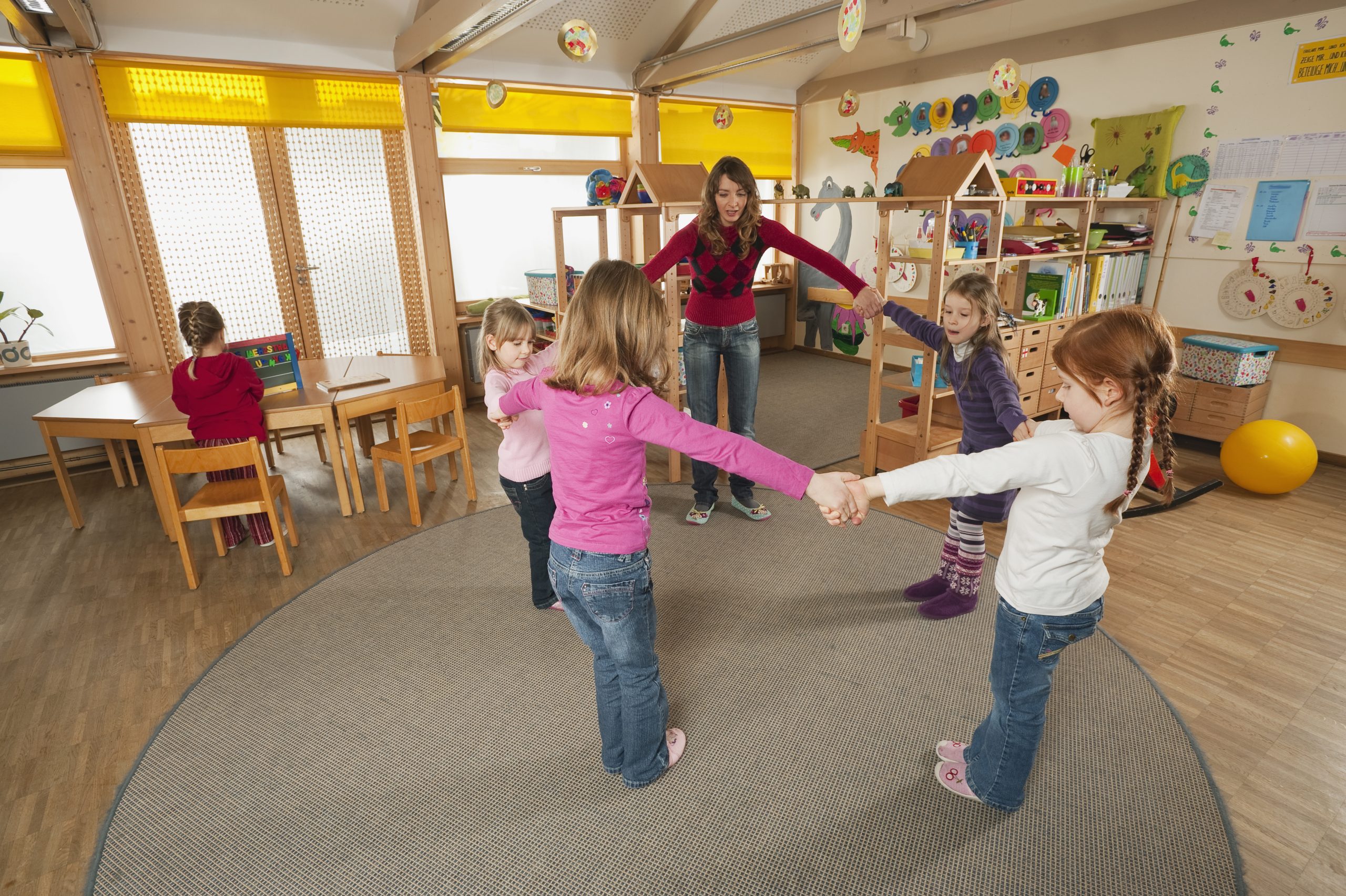Why Music and Movement Matter in Nursery School

- by Admin
Why Music and Movement Matter in Nursery School
Music is more than just fun. It’s a powerful tool in early learning. Early childhood music education helps children develop language, memory, and emotional skills. When kids sing, clap, and move, they’re not just playing—they’re learning!
In this blog, we’ll look at why music and movement activities for preschoolers play such an important role in their early development, and share some fun music activities for preschoolers too.
Understanding the Power of Music in Early Childhood
From boosting brain development to building emotional strength, music is a key part of how young children grow and learn every day. Here are some important ways music supports early development:
Importance of Early Childhood Music Education
It refers to structured yet playful ways to introduce rhythm, melody, and movement to young children. Think songs with actions, instrument play, and dancing; these activities activate different parts of the brain, building both creativity and concentration.
Music Boosts Brain Power in Young Children
Studies show music can boost areas linked to maths, language, and memory. Simply singing a nursery rhyme improves listening and vocabulary, which are essential skills for school readiness.
Emotional and Social Benefits of Music
Music helps children express feelings and connect with others. Group activities like singing or dancing in a circle promote teamwork, turn-taking, and confidence.
The Role of Music and Movement Activities in Preschool Learning
Incorporating music with movement makes learning active, enjoyable, and far more effective for young children. Let’s look at how these activities help support overall development:
Fun and Simple Music Activities for Preschoolers
Music activities for preschoolers include sing-alongs, action songs, musical games, dancing, and playing simple instruments. They’re fun, easy, and help kids absorb new concepts.
Movement Strengthens Learning in Young Children
Young children learn best by doing. Movement paired with music boosts coordination and muscle control. It also supports better focus and classroom behaviour.
Creative Growth Through Musical Expression
Music allows little ones to express themselves freely. Whether it’s tapping a tambourine or wiggling to a beat, they develop self-awareness and joy in learning.
Why Choose Music-Focused Nursery Schools in Wimbledon
If you’re exploring Wimbledon nursery schools, look for one that actively incorporates both music and movement into daily learning. These activities play a vital role in building communication skills, emotional resilience, coordination, and overall physical development in young children.
Choose a Nursery That Inspires Growth Through Music
The benefits of music in early childhood education are too beneficial to ignore. Music isn’t just entertainment; it’s a very powerful medium that shapes confident, curious learners.
Parents looking to support their child’s growth through music and movement can discover the joy of early learning at Wimbledon Day Nursery, where little minds flourish through rhythm, movement, and play.
